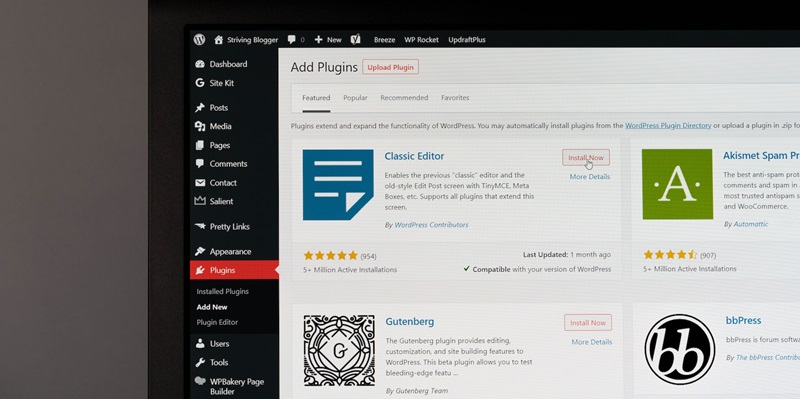Security researchers have recently identified a critical vulnerability in the AI Engine plugin for WordPress, a popular tool utilized by over 50,000 sites worldwide. This vulnerability allows for the unauthorized upload of arbitrary files, potentially leading to remote code execution on the targeted system. Prompt action is necessary to mitigate the risk and safeguard affected websites.
Identification of Critical Vulnerability
Upon careful analysis, it was discovered that the AI Engine plugin suffers from a flaw that allows any unauthenticated user to upload any files, including malicious PHP scripts. This exploit potential presents a severe threat to the security of affected systems, exposing them to potential remote code execution.
Understanding the Permission_Callback Parameter
The vulnerability lies in the `permission_callback` parameter of the plugin’s REST API endpoint. Remarkably, the parameter is set to `__return_true`, enabling any user, regardless of authentication status, to invoke the vulnerable function. This oversight provides an opportunity for malicious actors to exploit the flaw and compromise the targeted system.
The Significance of Proper File Type and Extension Validation
One of the primary reasons for the severity of this vulnerability is the lack of adequate file type and extension validation in the code. Without these essential checks, the plugin cannot effectively differentiate between harmless and potentially malicious files. Consequently, harmful files can bypass security measures and infiltrate the system undetected.
Introduction of the Patch in Version 1.9.99
Recognizing the gravity of the situation, the development team behind the AI Engine plugin swiftly responded by releasing version 1.9.99, which includes a patch to address the vulnerability. This patch introduces a permission check on the custom REST API endpoint and implements file type and extension validation using the wp_check_filetype_and_ext function. These measures significantly enhance the plugin’s security capabilities.
By incorporating permission checks on the custom REST API endpoint, the patch ensures that only authorized users can access the vulnerable function, effectively reducing the risk of exploitation by unauthenticated individuals. Additionally, the introduction of file type and extension validation enables the plugin to identify potentially malicious files and prevent their upload onto the system.
Recommendation for Immediate Plugin Update
In light of this critical vulnerability, users of the AI Engine plugin are strongly advised to update to version 1.9.99 or later to ensure protection against potential exploitation. By promptly installing the patch, site owners can effectively mitigate the risks associated with remote code execution and enhance the security posture of their WordPress installations.
CVE Identifier and Tracking: The security community has assigned the CVE identifier CVE-2023-51409 to track this particular vulnerability in the AI Engine plugin. This unique identifier enables security professionals and stakeholders to stay informed and monitor the progress of remediation efforts.
Advice from Patchstack
Security firm Patchstack offers essential guidance for plugin and theme developers to minimize the risk of file upload vulnerabilities. They recommend rigorously checking every process of $_FILES parameters in the code and implementing thorough checks on file names and extensions before permitting file uploads. These proactive measures are crucial in preventing potential exploits.
Importance of Permission Checks on Custom REST API Endpoints
In the wake of this vulnerability, extra attention must be given to the implementation of permission checks on custom REST API endpoints. By ensuring that only authorized users have access to sensitive functionalities, website administrators can significantly reduce the exposure to potential attacks.
The discovery of a critical vulnerability in the AI Engine plugin for WordPress has highlighted the urgency of maintaining robust security practices. Website owners and administrators must promptly update their AI Engine plugin to at least version 1.9.99, which includes the necessary patch to mitigate the risk of arbitrary file upload and remote code execution. By following the advice provided by security experts and remaining vigilant, organizations can keep their WordPress installations safe from exploitation.

